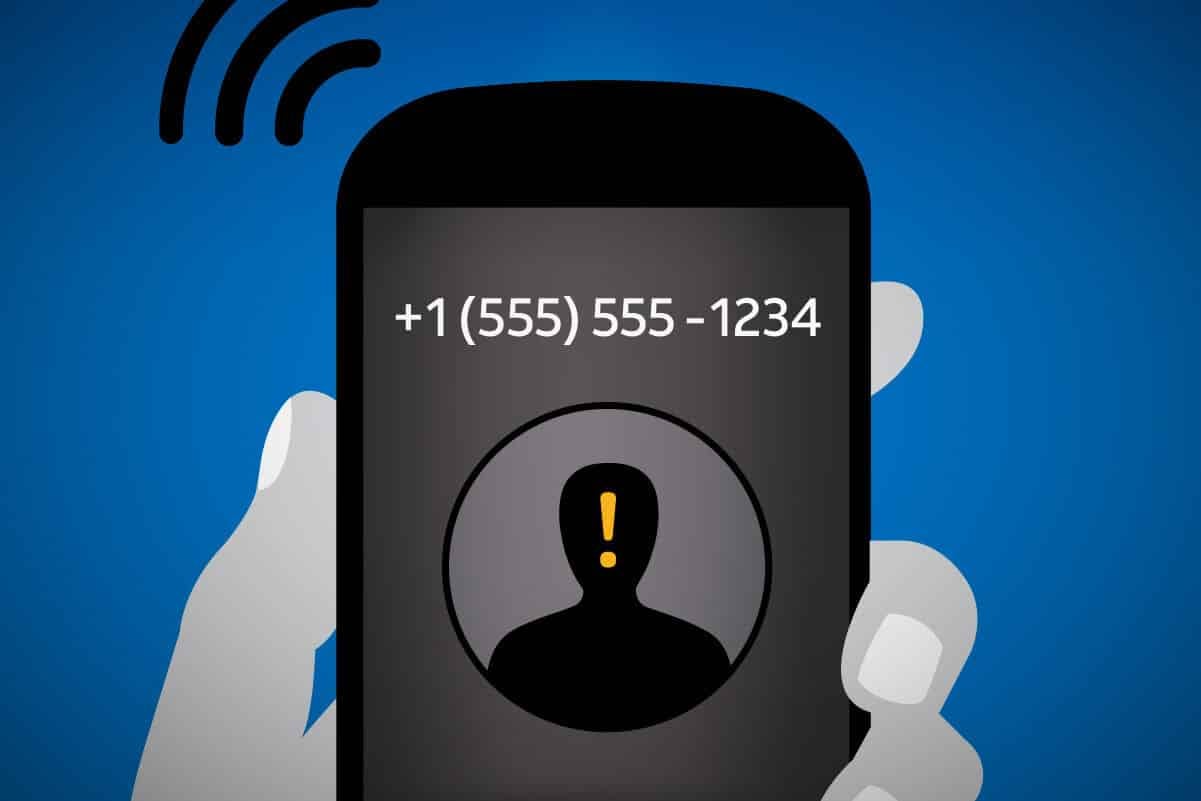Dialling disaster: Thailand scammed-stiff by high-tech hustlers

A new report stated that Thailand is under siege from a tsunami of scam calls and dodgy SMS messages, with a jaw-dropping 168 million reported in 2024. That’s according to the latest annual report by Gogolook Thailand, the trust-tech titan behind the Whoscall anti-scam app. And it’s a record-breaker, marking the highest in five years!
The report reveals crafty con artists are outsmarting everyone by riding the wave of flashy generative AI technologies.
Impersonation fraud, financial trickery, and data breaches are the names of their dirty games, luring unsuspecting victims with phone calls, SMS messages, and malicious links.
Manwoo Joo, Gogolook Thailand chief said, “Since launching our annual report in 2020, we’ve kept a keen eye on the ever-evolving scam scene in Whoscall’s core markets.”
But the news was far from chipper: 168 million scamming attempts, up a massive 112% from last year’s 79.2 million.
Scam calls alone skyrocketed to around 38 million, compared to a mere 20.8 million in 2023. And as for scam SMS messages? They went through the roof, hitting nearly 130 million, more than doubling from 58.3 million the previous year, although thanks to Whoscall’s savvy Smart SMS Assistant, they managed to fend off a fair chunk of them.

The sneaky scamsters seem to have a penchant for gambling and money loan cons. But that’s not all, they’re also doing dodgy impersonations of delivery and utility services, preying on government policies like the electricity bill reductions and digital wallet initiatives.
Amidst the chaos, Whoscall introduced its shiny new Web Checker feature in 2024, helping users browse the Internet without the fear of clicking into a scammer’s trap.
Worryingly, the report also uncovered a nightmare of leaked personal info: a shocking 41% of Thailand’s Whoscall users had their sensitive details plastered across the dark and deep web, with emails (97%) and phone numbers (88%) being top of the list, alongside potential info such as birth dates, names, and passwords, reported Bangkok Post.
Latest Thailand News
Follow The Thaiger on Google News:


























